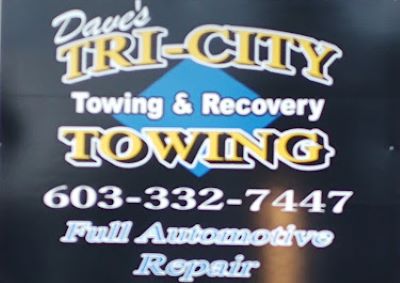Now that the snow is finally gone and the weather is warm, it's a great time to get outside and work in the garden! Whether you enjoy planting flowers or growing vegetables, here are some tips to keep in mind to keep your garden pet-safe.
Find Non-toxic Plants
Before adding that pretty flower to your garden, make sure it's not poisonous to pets. While some plants may cause an upset stomach, others are poisonous enough to pets to cause serious health problems or even death, often from ingesting only a small amount. Unfortunately, unsafe plants are far more common than you might think and are probably already growing in your yard. Rhododendrons, for example, are toxic to both dogs and cats. And common fruit and vegetable plants, like apple trees and rhubarb, are also extremely poisonous if ingested by your pet. Before adding anything to your garden, take some time to research whether or not they are pet-safe. Remember that it's better to be safe than sorry - it only takes a moment for an unsupervised pet, especially a mouthy puppy, to take a nibble of a dangerous plant. .
Beware of Chemicals
Whether it's pesticides or fertilizers, using chemicals in your yard can be great for your garden but dangerous for your pets. A majority of the danger comes from your pet ingesting large amounts of the chemicals, so be sure to keep fertilizers and pesticides tightly sealed and out of reach of curious pets. Always read the labels on any products to see if they are pet-safe.
Raised Beds
Want to keep your dog from digging up your plants? Raised beds are a great way to keep plants out of reach of curious canines, as well as to prevent your pup from devouring anything unsafe. Low fencing or a barrier of bushes can also work to deter pets from entering a garden area.
Careful What You Compost
Compost piles are great, but they are also extremely attractive to pets. Keep your compost pile somewhere your pet can't access it to prevent him from ingesting moldy foods, which can cause an upset stomach. Avoid putting any foods into your compost pile that are unsafe for pets, like onions or avocados.
Gardens are a wonderful addition to your yard but can easily pose a danger to your pets. By taking the time to choose pet friendly plants and pet-safe products, you can enjoy your garden while keeping your four-legged friends safe, too.
Alaina Goodnough is the Promotions Coordinator at Cocheco Valley Humane Society in Dover, NH. She lives in Sanford, ME with two parrots, a cockatoo, a cat, a bearded dragon, and two dachshunds. She can be reached at CVHS at devassist@cvhsonline.org. To learn more about Cocheco Valley Humane Society, go towww.cvhsonline.org or call 603-749-5322.







.jpg)






